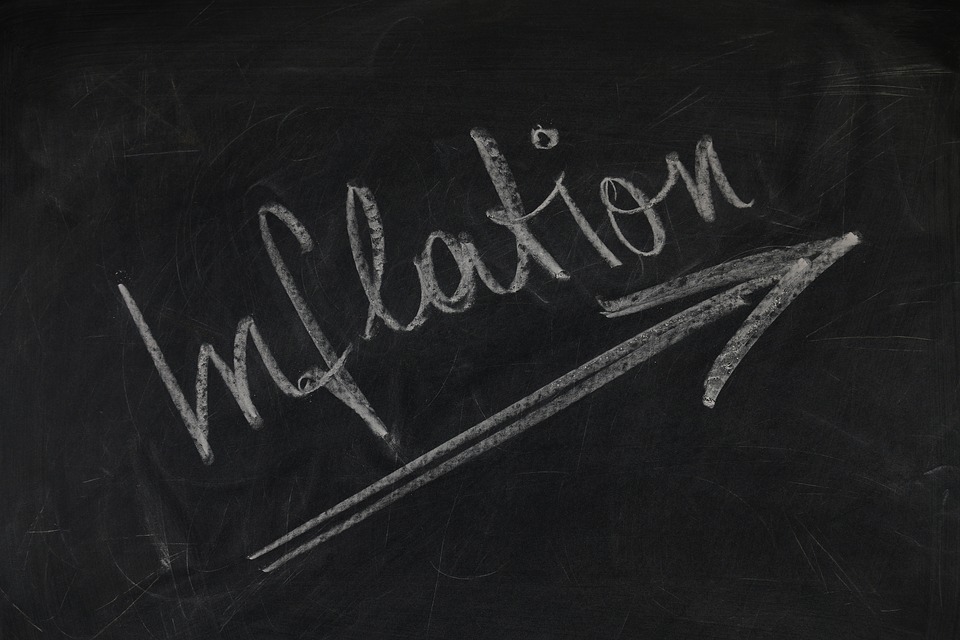Business and Economy
TRAIN will exert pressure on inflation: Capital Economics

(Pixabay photo) ” width=”960″ height=”640″ /> In a research note, Capital Economics said the first package of tax reform will “likely put some upward pressure on headline inflation”. (Pixabay photo)
MANILA— London-based macroeconomic research firm Capital Economics sees upside pressure on inflation from the Tax Reform for Acceleration and Inclusion Act (TRAIN), the first package of which was signed by President Rodrigo Duterte on Tuesday.
The first package of tax reform will cut personal income tax rates in the country, the impact of which on revenues would be countered by higher excise tax on fuel, among others.
In a research note, Capital Economics said the first package of tax reform will “likely put some upward pressure on headline inflation”.
It, however, pointed out that “as they will (be) phased in over several years, the effect is not likely to be large”.
The research firm noted that the rate of price increases decelerated in November to 3.3 percent from month-ago’s 3.5 percent, which in turn is the highest so far this year.
In the first 11 months this year, inflation averaged 3.2 percent.
“The central bank (BSP) left interest rates on hold at its December meeting and reiterated that it expects inflation to remain well within its 2 to 4 percent target range,” it said.
Bangko Sentral ng Pilipinas policy-making Monetary Board (MB), during the Board’s meeting last Dec. 14, kept not only the key rates but also the average inflation projection for 2017-2019.
To date, the Board’s average inflation assumption for 2017 is 3.2 percent while it is 3.4 percent and 3.2 percent for 2018 and 2019, respectively.
Meanwhile, rate of the BSP’s reverse repurchase facility is 3 percent, the repurchase rate is 3.5 percent, and the special deposit account facility is 2.5 percent.





















